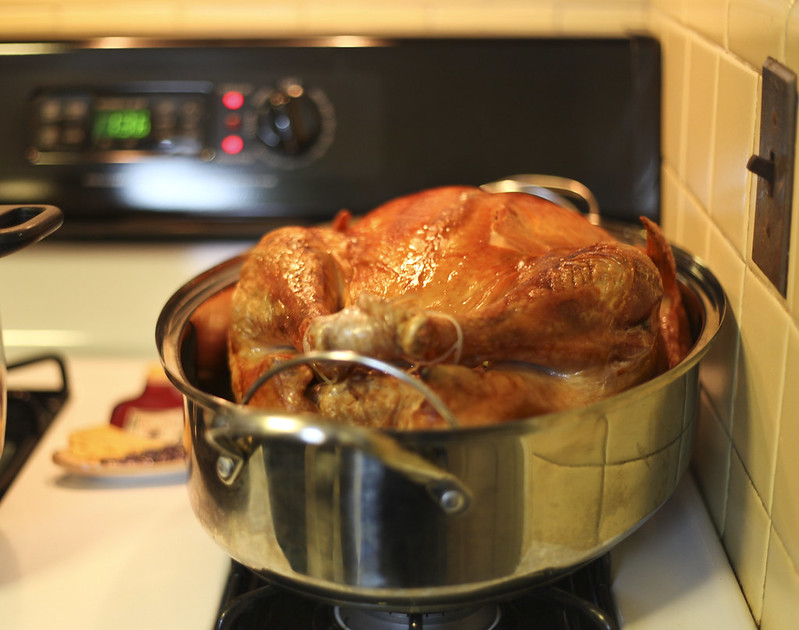With Thanksgiving right around the corner, it got me questioning the twisted and dark history behind the holiday that we celebrate every year. It really is bewildering to know the history of colonialism here in the United States and how horrifically inhumane it was towards Indigenous people.
Thanksgiving is a celebration of the forefathers of our colonial past, who were Puritans that publicly tortured Quakers and executed other dissenters. Their treatment of the Indigenous people that lived in Massachusetts before them didn’t reflect the tenets of their Savior’s Sermon on the Mount.
I wanted to ask an Indigenous person I knew about their thoughts and feelings regarding the holiday. An Indigenous person’s perspective on the matter would be unique and conducive to informing the public’s opinion on the matter.
My associate Robin Cabral is a senior Portuguese and film double major and a coordinator at the Josephine White Eagle Cultural Center. The center was started in 1988 to create a more inclusive space for Indigenous students. He has a Brazilian-Indigenous background, and he is well-informed on topics regarding Indigenous history like colonialism, so I asked him about Thanksgiving and the meaning behind it.
“I have a distaste for it. Thanksgiving is based on a lie,” Cabral said. “Thanksgiving should be taught properly, rather than being watered down to children. It’s fine to have a day to be grateful, but that gratefulness shouldn’t come at a cost to others.”
“I’m proud to be Indigenous,” he said. “It’s cool to learn about the history and what my ancestors have gone through. Indigenous people had and still have a beautiful and rich culture that was taken from us. People should study Indigenous cultures more.”
I was curious if he thought Thanksgiving could be based on something else.
“I could see Thanksgiving being transformed into something else, like Columbus Day being changed into Indigenous People’s Day. It’s okay to have a holiday celebrating gratitude, but the basis of it shouldn’t be something terrible.”
Clearly Thanksgiving is a noxious reminder of a violent past, while simultaneously being a mirthful time to spend with family. Somehow, as a society we don’t discuss the well-being and inclusion of Indigenous communities enough, unlike other countries with Indigenous communities like New Zealand and Canada. It would make sense to have a national conversation about America’s genocidal history around this time of year, given the fact that November is Native American Heritage Month. However, facing that past is uncomfortable for most Americans, it evokes difficult feelings and questions that we aren’t ready to answer yet.
I personally enjoy Thanksgiving. I like the food, the time I get to spend with family and the break I get from school. I think the holiday is a great idea, and it has positive aspects to it. The emphasis on gratitude was always something remarkable about Thanksgiving for me, but I’m aware that not everybody’s experience with Thanksgiving is like mine. For some communities, the holiday can be a painful reminder of an unjust past.
The legacy of our unjust past towards Indigenous people exists with us in forms to this day. Rates of drug and alcohol abuse are higher in Indigenous communities. The poverty rate in Indigenous communities is concerningly high, and these disadvantages within their community stem from the destructiveness of colonialism. It is the white supremacist history and society that makes the lives of Indigenous people more difficult, and this is the perfect time of year to examine it critically.
Richard Gill can be reached at [email protected].



















